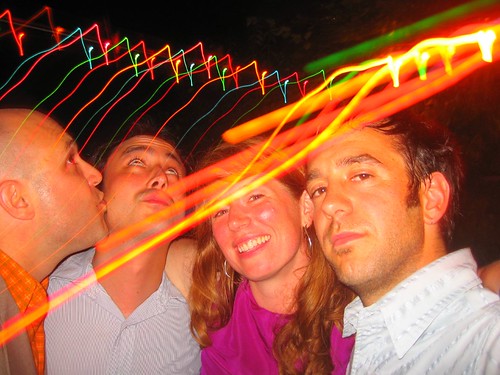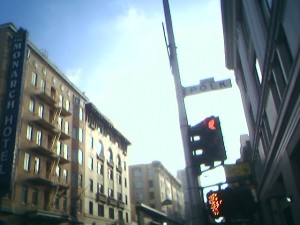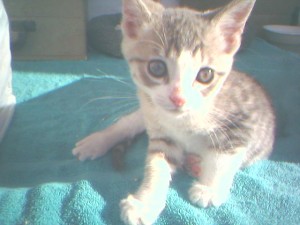The Baseball Hall of Fame is filled with guys who cheated, played dirty, were terrible role models, drunks, jerks, domestic abusers, the list goes on. If any of these things disqualified players from eligibility, guys like Gaylord Perry & Whitey Ford (cheaters), Mickey Mantle (a great guy, but a drunk), Ty Cobb (a jerk) and many, many more would have been denied entry.With the exception of the Pete Rose affair, history has ruled that only two things matter when it comes to HOF criteria: statistical milestones and World Series rings. And for Rose, all would likely be forgiven if he would suck it up and apologize.In another few years, we'll add some more characters to the Hall's rogue gallery — the juicers. One of them will be Rafael Palmeiro, who testified before Congress that he had never taken steroids. Palmeiro punctuated his testimony with finger-jabs at the assembled Congresspeople, a gesture that now seems oddly similar to the technique used by Jose Canseco to inject steroids into Palmeiro's butt. Yesterday, Palmeiro was exposed as a juicer, and the NYT reported that he used the real stuff rather than some super-charged multi-vitamin:
Palmeiro said Monday that he had never intentionally taken steroids, but stanozolol does not come in dietary supplements and is among the most popular steroids on the market. It can be ingested or injected and usually remains in a person's system for at least a month."It's a mildly strong to strong steroid," said Dr. Gary Wadler, a professor at New York University who is an expert in sports doping. "Potent is the word I would use."
Palmeiro will be joined by at least three other juicers in the Hall: McGwire, Bonds and Sosa. I don't begrudge these guys. They definitely weren't the only juicers in the game, and they would have been great players without the 900-foot moon-shots. On the other hand, I think that the Hall should find a way to express and interpret the unsavory side of baseball: Induct Raffy and rest (Rose, especially), and set up a section of that constructively discusses and contextualizes the behaviors and achievements of those players who sought extra-curricular assistance.Baseball's good guys probably don't lose any sleep over this, but I still think that the Hall should find a way to distinguish guys like Robin Yount & Mike Schmidt (and in the future, Greg Maddux & Tony Gwynn). They deserve to be recognized as fair players in times when players sought unfair advantages.




